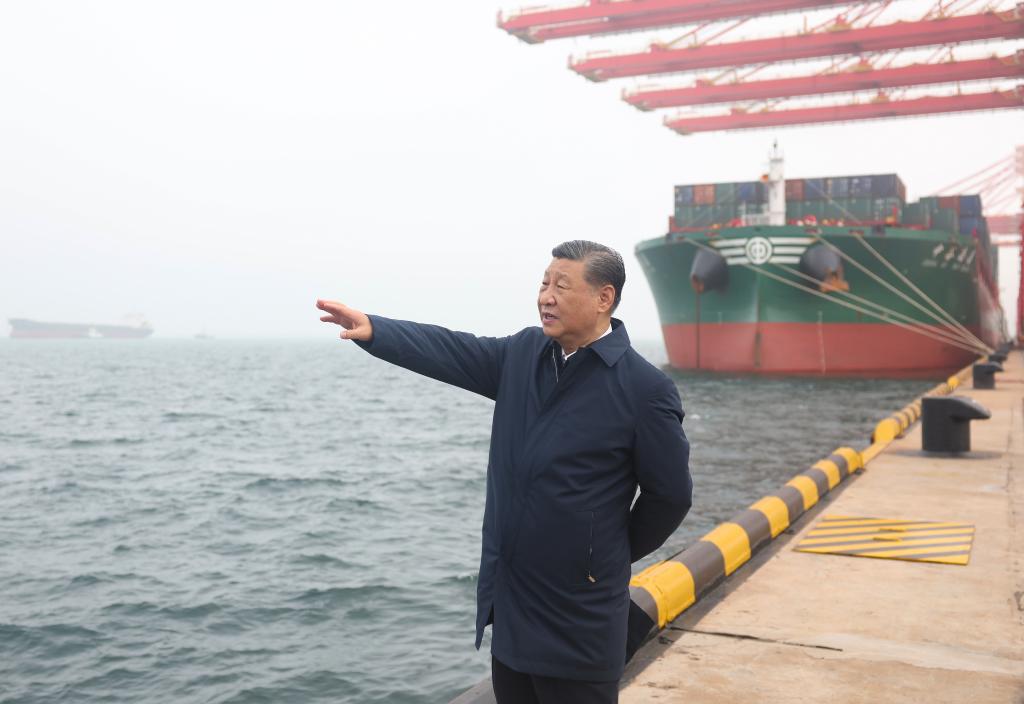ECONOMIC PROBLEMS AND POLITICAL RESHUFFLING IN TURKMENISTAN.
ECONOMIC PROBLEMS AND POLITICAL RESHUFFLING IN TURKMENISTAN.
President Saparmurad Niazov on December 15 announced yet another series of personnel changes in the government and among regional office holders. Key appointments include Aleksandr Dadaev as Chairman of the Committee for Public Water Supply, Ata Nobadov as Agricultural Minister, Rovshan Kerkabov as Communications Minister, and Tumadurdy Bayramov as Chairman of the Statistics and Forecasting Institute. District heads in the Mary, Lebap, and Sayat regions were also replaced. (Turkmen television, 15-16 December) Such wholesale personnel changes have become a regular feature of Turkmen politics since 1991; those "fired" often reemerge in other posts.
While no specific reasons were given for this latest round of changes, recent announcements from the Cabinet of Ministers suggest that this year’s poor cotton harvest may be a key factor. Specifically, at a special meeting of the government, it was stated that only 620,000 tons of cotton have been harvested this year, well short of the target quota of 1.4 million tons. Government sources cite problems with water, irrigation, fertilizer supplies, and shortages of technical assistance as reasons for the shortfall. The upshot is that Turkmenistan can expect little profit from its cotton exports this year.
The new appointees, and especially the new Agricultural Minister, will bear the burden of finding ways to avoid a recurrence of such problems. Solutions range from increasing the area under cultivation to extending more comprehensive credits to farmers prior to the planting season. (International press, December 3) Despite the news of a disastrous harvest, the press in Turkmenistan is attempting to put a positive spin on the situation. Some have observed that the quota was extremely optimistic to begin with, and that there was in fact marginal progress this year as compared to the 1996 harvest. Nevertheless, the agricultural sector in Turkmenistan remains an area in critical need of reform, and repeated cabinet shuffles appear to offer little hope of improvement.
___________________________________________________________________________________________
The Monitor is a publication of the Jamestown Foundation. It is researched and written under the direction of Senior Analysts Elizabeth Teague, Vladimir Socor, Stephen Foye, and Analysts Igor Rotar, Douglas Clarke, Ben Slay, Peter Rutland, and Sally Cummings.
If you would like information on subscribing to the Monitor, or have any comments, suggestions or questions, please contact us by e-mail at <host@jamestown.org>, by fax at 202-483-8337, or by postal mail at The Jamestown Foundation, 1528 18th Street NW, Washington, DC 20036.
Unauthorized reproduction or redistribution of the Monitor is strictly prohibited by law.
The Monitor is a publication of the Jamestown Foundation. It is researched and written under the direction of senior analysts Jonas Bernstein, Vladimir Socor, Stephen Foye, and analysts Ilya Malyakin, Oleg Varfolomeyev and Ilias Bogatyrev. If you have any questions regarding the content of the Monitor, please contact the foundation. If you would like information on subscribing to the Monitor, or have any comments, suggestions or questions, please contact us by e-mail at pubs@jamestown.org, by fax at 301-562-8021, or by postal mail at The Jamestown Foundation, 4516 43rd Street NW, Washington DC 20016. Unauthorized reproduction or redistribution of the Monitor is strictly prohibited by law. Copyright (c) 1983-2002 The Jamestown Foundation Site Maintenance by Johnny Flash Productions


